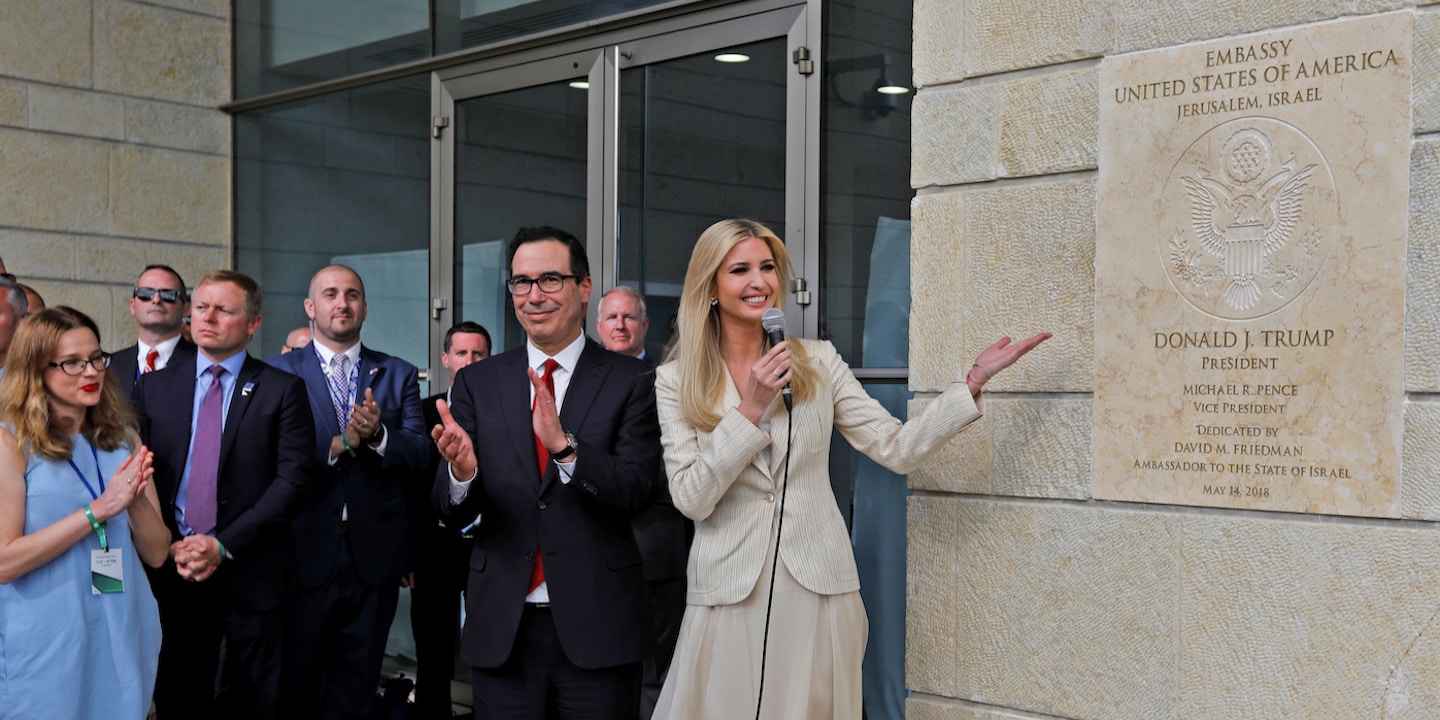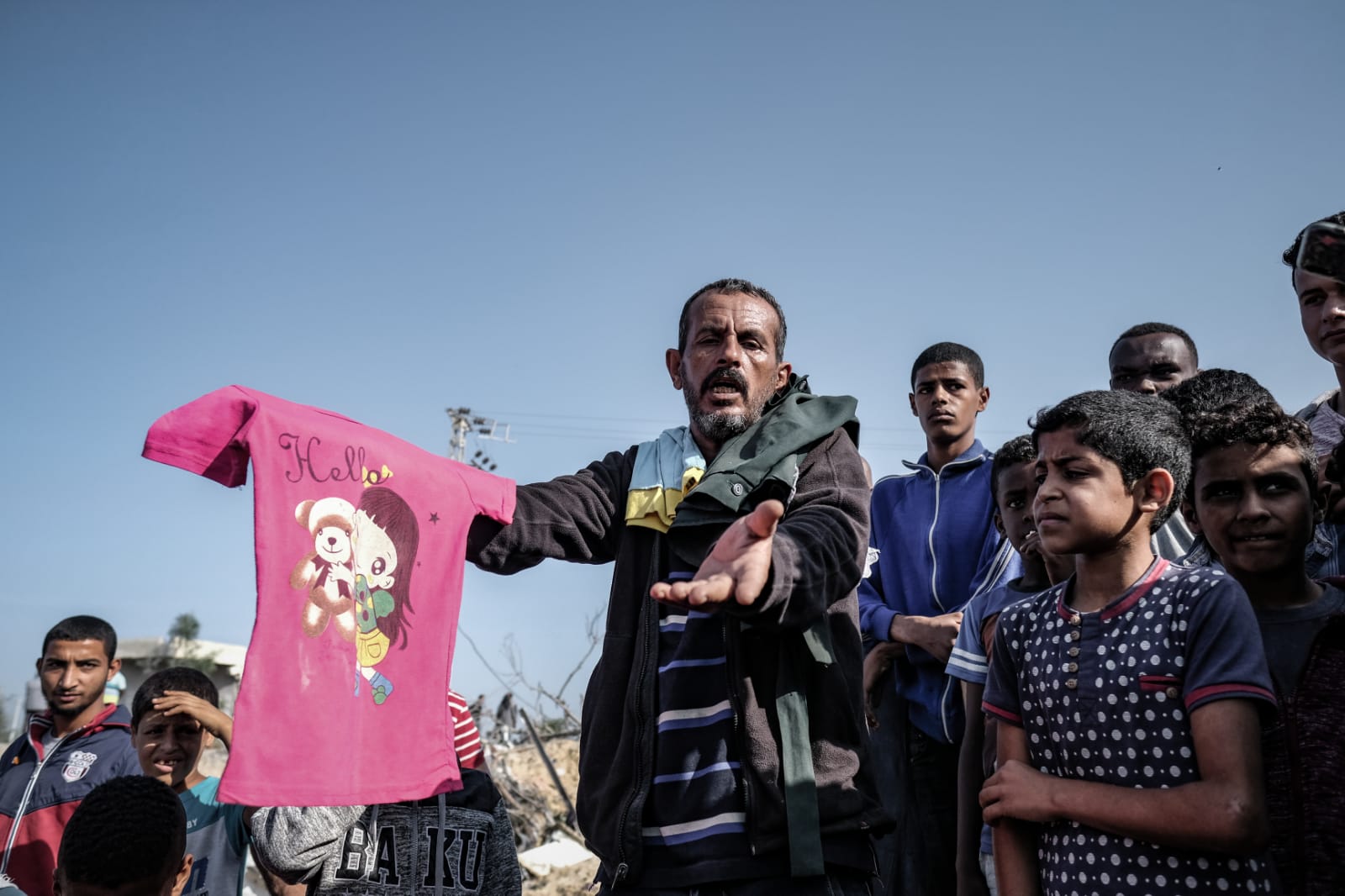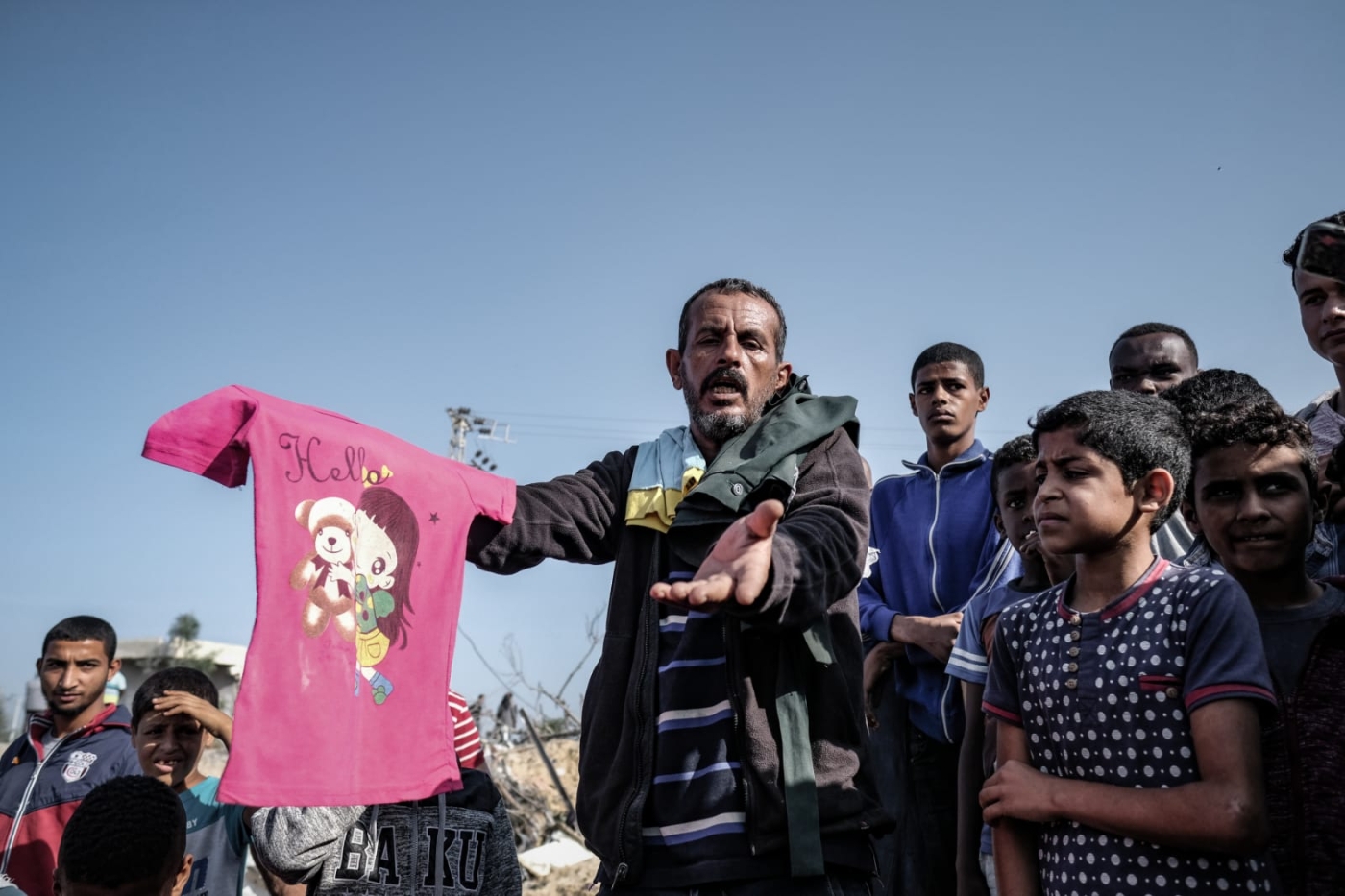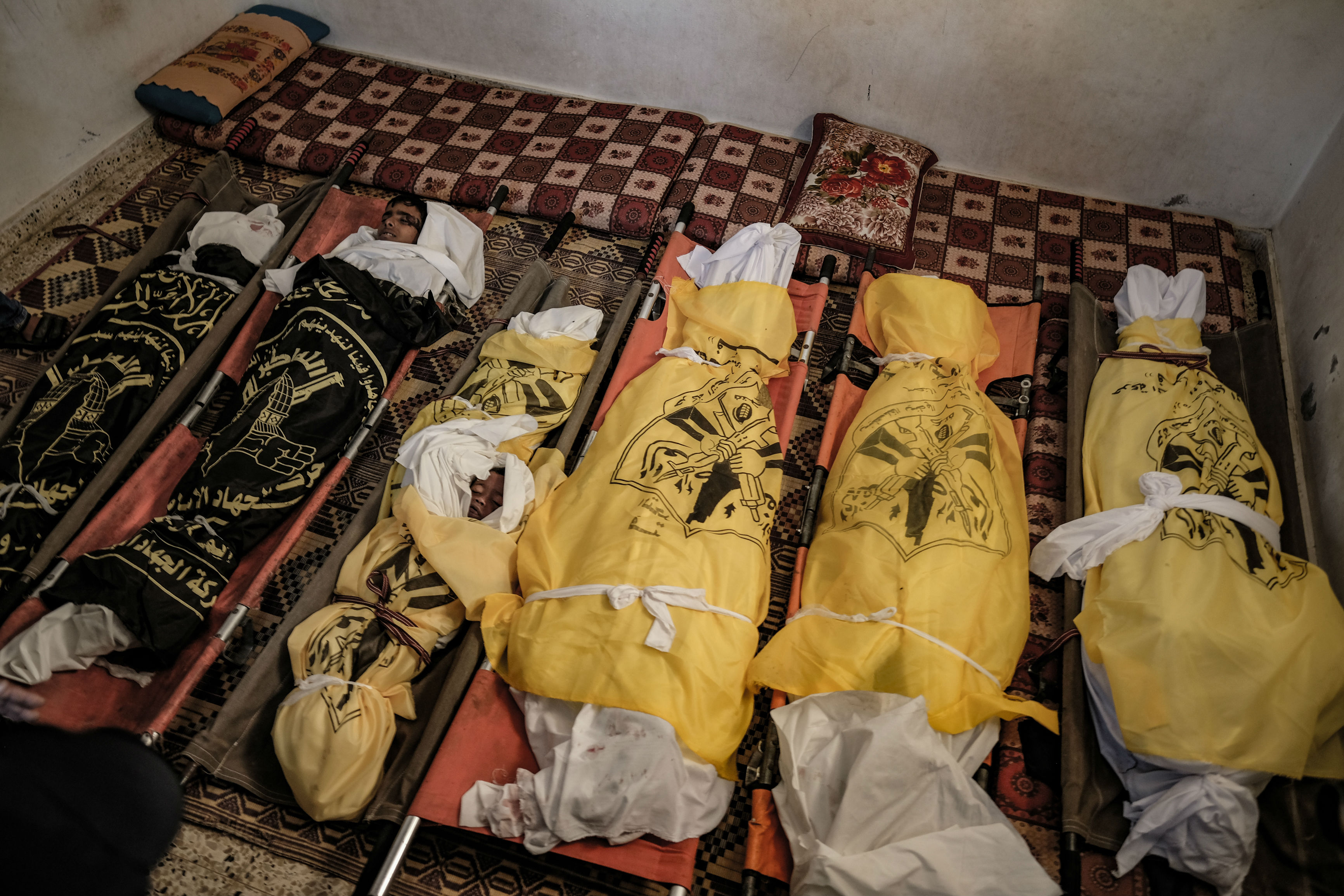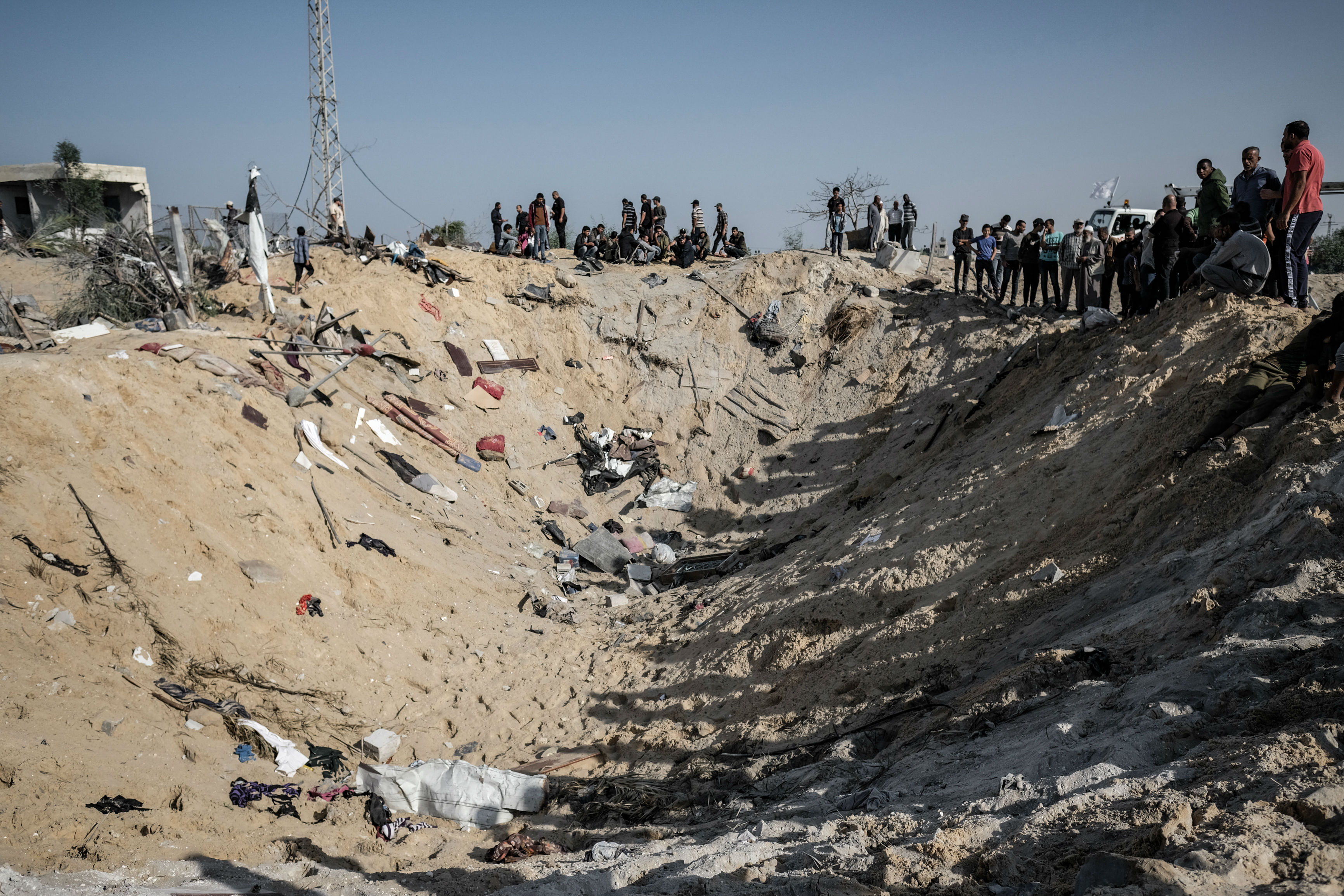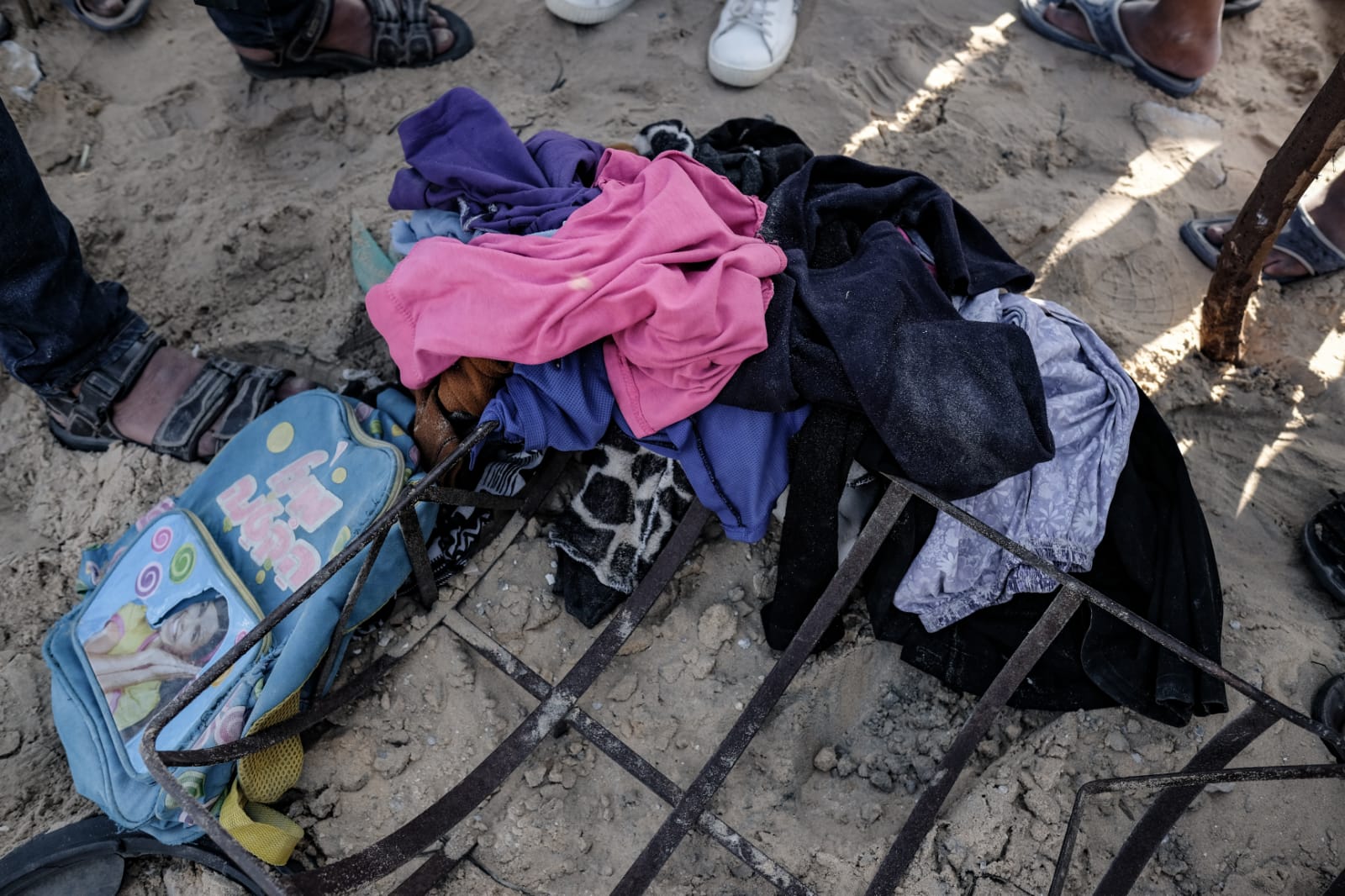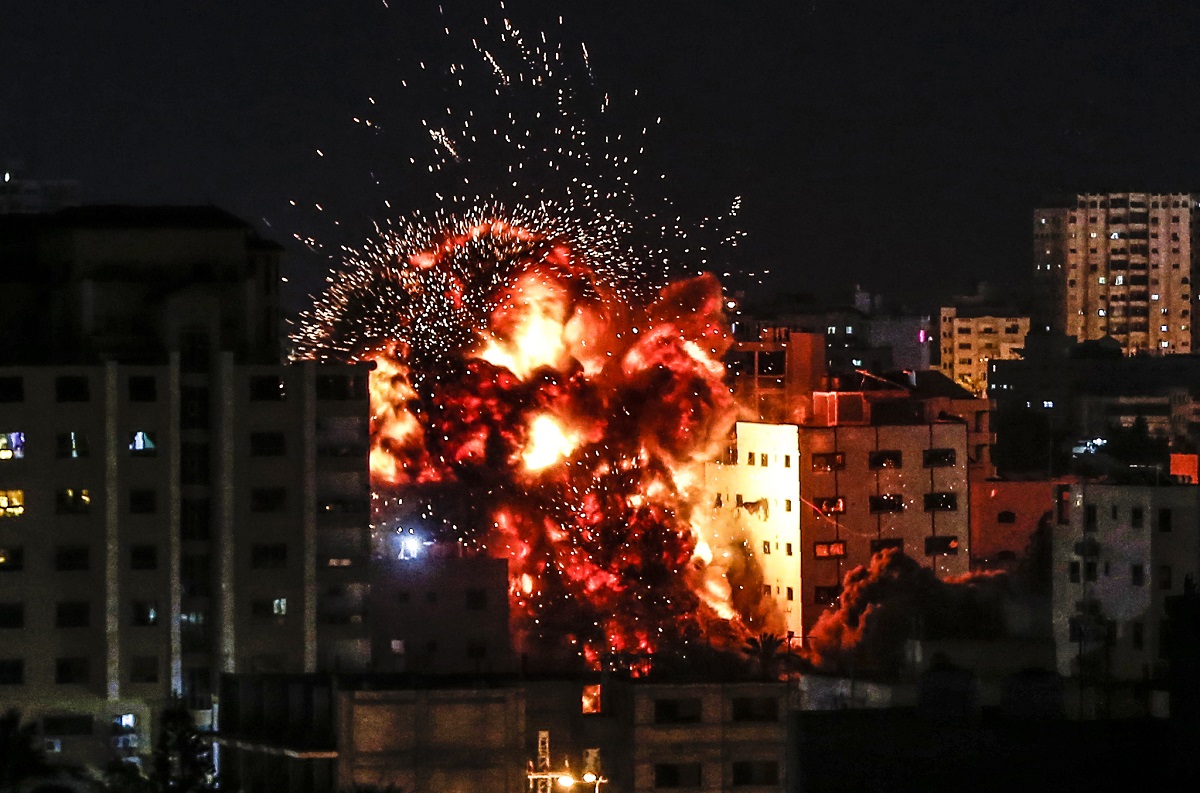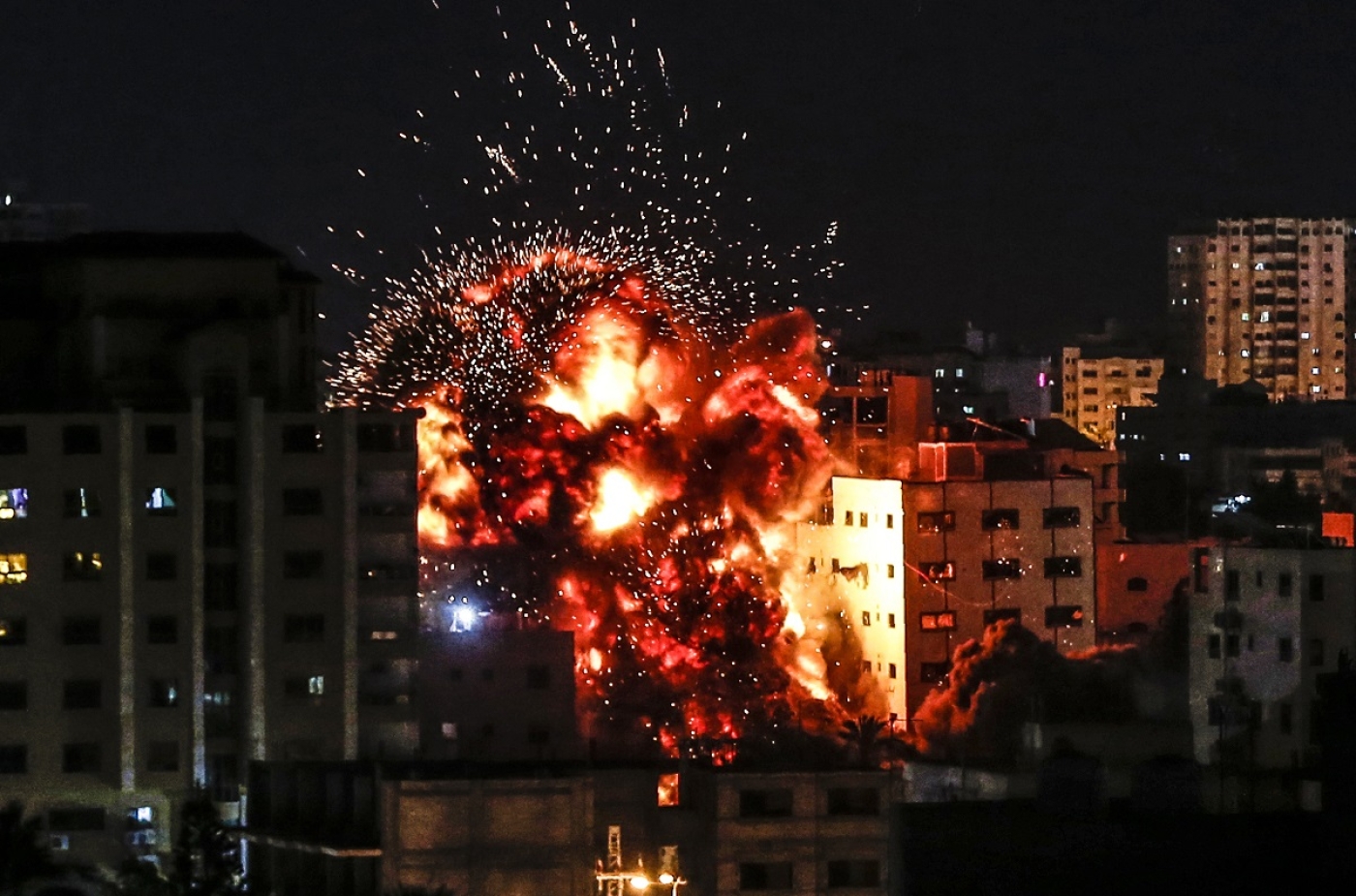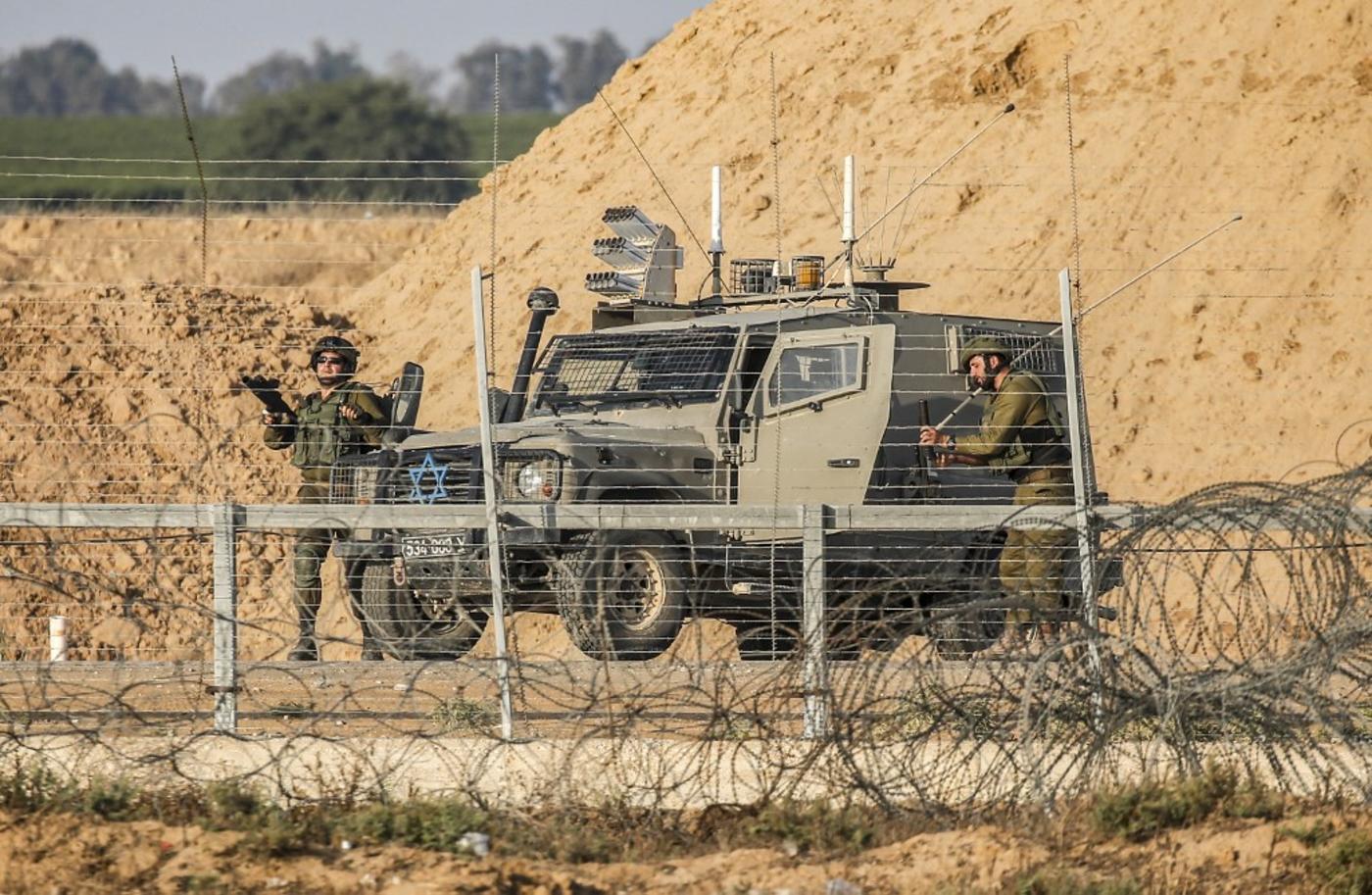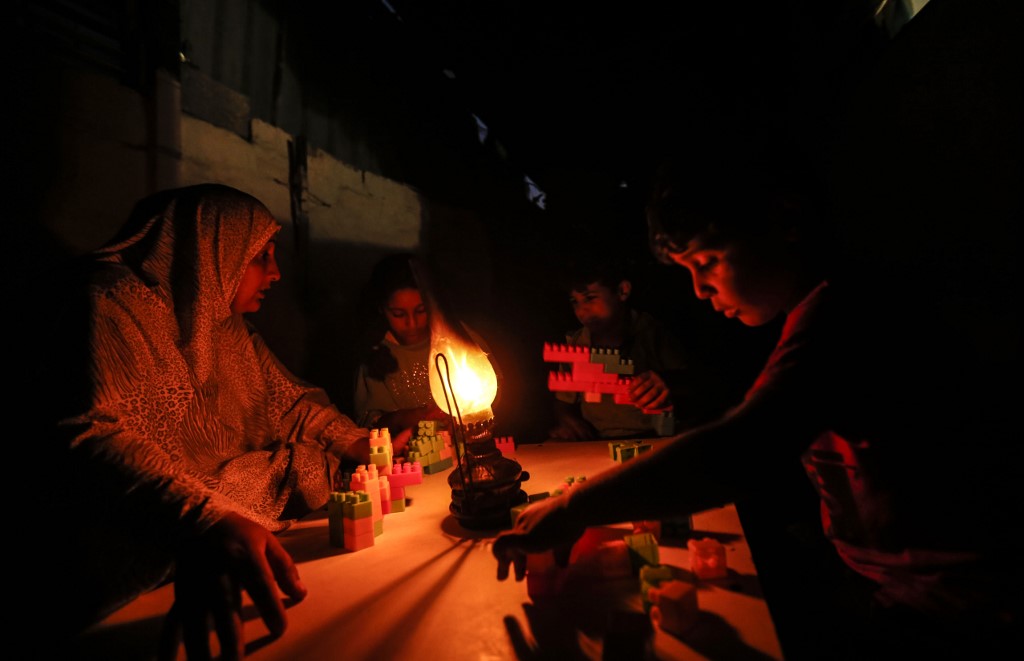May 14, 2018 - 09:30 AM EDT
The war over Mr. Trump's embassy

BY DOV S. ZAKHEIM, OPINION CONTRIBUTOR
There will be more than a few ironies when the United States formally opens its embassy in Jerusalem today, a day after Israel celebrated Jerusalem Day, which commemorates the conquest of East Jerusalem in the 1967 Six Day War.
To begin with, had King Hussein of Jordan heeded Israeli entreaties and stayed out of that war, as he did six years later during the Yom Kippur War, East Jerusalem — indeed, the entire West Bank — might still be in Jordanian hands today. Moreover, despite all the fuss and fury over the decision to move the embassy from Tel Aviv, the building actually is located in West Jerusalem, which houses the Israeli government (apart from the Defense Ministry) and which the Palestinians have not claimed as their future capital.
Finally, the “embassy” actually will comprise a few offices, at least until the completion of a new compound. For the moment, most American diplomatic business still will be conducted from Tel Aviv, though in practice for the last several decades embassy personnel have endured the trip to Jerusalem on traffic-clogged roads in order to meet with government officials.
The opening of the embassy, therefore, should not be that big a deal. But it is. Hamas has latched onto the embassy’s opening as a vehicle for enabling its miserable citizenry to vent against the hated Jews. (Hamas does not distinguish between Jews, wherever they might live, and Israel — it wishes them all dead.)
Hamas’s stewardship of Gaza has been nothing short of disastrous. Moreover, it has become increasingly frustrated, as it no longer is able to tunnel under the border to kill Israeli civilians. In addition, it recognizes that, should it launch a major rocket attack, the Israeli response will be no less overwhelming than that of 2008-2009, when Israel’s Operation Cast Lead reduced Gaza to a state of wretchedness from which it has yet to recover. Finally, it has seen not only Egypt move ever closer to Israel, but also the Saudis and the Emiratis, whose governments despise the Muslim Brotherhood to which Hamas belongs.
Hamas, therefore, has inspired the weekly Friday demonstrations along the border fence with Israel to divert attention away from its own incompetence and to regain international attention by seizing upon the casualties that, in most cases, have resulted from sporadic Gazan attempts to breach the border fence with Israel.
In actuality, the number of fatalities arising from Israeli fire during the Friday protests has dropped precipitously as Israeli troops have refined their methods of keeping demonstrators at bay. Since Hamas thrives on reports of wanton Israeli bloodshed, this development is yet another source of frustration for Gaza’s cynical rulers. They can only hope that the number of Palestinians killed over the next few days will equal or exceed the dozens who died during the first weeks of Friday demonstrations. At least 41 Palestinians were killed in border clashes with Israeli troops in the hours leading up to the embassy's inauguration ceremony.
The Israeli military reinforced the border fence and called up more troops to patrol it. Jerusalem anticipates that more Gazans will attempt to break through into Israeli territory, supposedly to reclaim lands that may or may not have belonged to their grandparents and great-grandparents. It will take all the restraint of the highly professional Israel Defense Forces (IDF) to avert the bloodbath that Hamas desperately seeks; whether the IDF will succeed is an open question.
Even as Gazans demonstrate, Israelis also will remain on a heightened state of alert both because they expect major demonstrations in the West Bank and in anticipation of either Hezbollah or Iran — or both — choosing to fire rockets into Israel, either to complicate its ability to deal with the Gaza protests or to send a message to Hamas that it retains their support. Israel and Iran already are in a low-level but increasingly intense war that has emerged from the shadows, with Iran firing rockets into Israel and the Israelis, as is their wont, responding with overwhelming airborne firepower.
Should Iran again launch a rocket attack on Israeli territory, the IDF, which claims to have destroyed 70 percent of Iran’s military infrastructure in Syria, may go after the remaining 30 percent, or even take the war to Iranian territory. Hezbollah, urged on by Tehran, may then launch many of its 150,000 rockets against Israel. And the opening of a small American office building in Jerusalem could then result in the start of yet another large-scale war in the ever-volatile Middle East.
That is not an outcome that Mr. Trump is likely to relish but it is one that would likely drag him into a war he does not seek, yet, should it materialize, he will be unable to avoid.
Dov S. Zakheim is a senior advisor at the Center for Strategic and International Studies, and vice chairman of the board for the Foreign Policy Research Institute. He previously was senior vice president of Booz Allen Hamilton, where he led the firm’s support of U.S. combatant commanders worldwide. He was Under Secretary of Defense (Comptroller) and chief financial officer for the Department of Defense from 2001-2004, and was the DOD’s coordinator of civilian programs in Afghanistan from 2002-2004. He was a Deputy Under Secretary of Defense from 1985-1987.
http://thehill.com/opinion-international/387525-the-war-over-mr-trumps-embassy
.
The war over Mr. Trump's embassy

BY DOV S. ZAKHEIM, OPINION CONTRIBUTOR
There will be more than a few ironies when the United States formally opens its embassy in Jerusalem today, a day after Israel celebrated Jerusalem Day, which commemorates the conquest of East Jerusalem in the 1967 Six Day War.
To begin with, had King Hussein of Jordan heeded Israeli entreaties and stayed out of that war, as he did six years later during the Yom Kippur War, East Jerusalem — indeed, the entire West Bank — might still be in Jordanian hands today. Moreover, despite all the fuss and fury over the decision to move the embassy from Tel Aviv, the building actually is located in West Jerusalem, which houses the Israeli government (apart from the Defense Ministry) and which the Palestinians have not claimed as their future capital.
Finally, the “embassy” actually will comprise a few offices, at least until the completion of a new compound. For the moment, most American diplomatic business still will be conducted from Tel Aviv, though in practice for the last several decades embassy personnel have endured the trip to Jerusalem on traffic-clogged roads in order to meet with government officials.
The opening of the embassy, therefore, should not be that big a deal. But it is. Hamas has latched onto the embassy’s opening as a vehicle for enabling its miserable citizenry to vent against the hated Jews. (Hamas does not distinguish between Jews, wherever they might live, and Israel — it wishes them all dead.)
Hamas’s stewardship of Gaza has been nothing short of disastrous. Moreover, it has become increasingly frustrated, as it no longer is able to tunnel under the border to kill Israeli civilians. In addition, it recognizes that, should it launch a major rocket attack, the Israeli response will be no less overwhelming than that of 2008-2009, when Israel’s Operation Cast Lead reduced Gaza to a state of wretchedness from which it has yet to recover. Finally, it has seen not only Egypt move ever closer to Israel, but also the Saudis and the Emiratis, whose governments despise the Muslim Brotherhood to which Hamas belongs.
Hamas, therefore, has inspired the weekly Friday demonstrations along the border fence with Israel to divert attention away from its own incompetence and to regain international attention by seizing upon the casualties that, in most cases, have resulted from sporadic Gazan attempts to breach the border fence with Israel.
In actuality, the number of fatalities arising from Israeli fire during the Friday protests has dropped precipitously as Israeli troops have refined their methods of keeping demonstrators at bay. Since Hamas thrives on reports of wanton Israeli bloodshed, this development is yet another source of frustration for Gaza’s cynical rulers. They can only hope that the number of Palestinians killed over the next few days will equal or exceed the dozens who died during the first weeks of Friday demonstrations. At least 41 Palestinians were killed in border clashes with Israeli troops in the hours leading up to the embassy's inauguration ceremony.
The Israeli military reinforced the border fence and called up more troops to patrol it. Jerusalem anticipates that more Gazans will attempt to break through into Israeli territory, supposedly to reclaim lands that may or may not have belonged to their grandparents and great-grandparents. It will take all the restraint of the highly professional Israel Defense Forces (IDF) to avert the bloodbath that Hamas desperately seeks; whether the IDF will succeed is an open question.
Even as Gazans demonstrate, Israelis also will remain on a heightened state of alert both because they expect major demonstrations in the West Bank and in anticipation of either Hezbollah or Iran — or both — choosing to fire rockets into Israel, either to complicate its ability to deal with the Gaza protests or to send a message to Hamas that it retains their support. Israel and Iran already are in a low-level but increasingly intense war that has emerged from the shadows, with Iran firing rockets into Israel and the Israelis, as is their wont, responding with overwhelming airborne firepower.
Should Iran again launch a rocket attack on Israeli territory, the IDF, which claims to have destroyed 70 percent of Iran’s military infrastructure in Syria, may go after the remaining 30 percent, or even take the war to Iranian territory. Hezbollah, urged on by Tehran, may then launch many of its 150,000 rockets against Israel. And the opening of a small American office building in Jerusalem could then result in the start of yet another large-scale war in the ever-volatile Middle East.
That is not an outcome that Mr. Trump is likely to relish but it is one that would likely drag him into a war he does not seek, yet, should it materialize, he will be unable to avoid.
Dov S. Zakheim is a senior advisor at the Center for Strategic and International Studies, and vice chairman of the board for the Foreign Policy Research Institute. He previously was senior vice president of Booz Allen Hamilton, where he led the firm’s support of U.S. combatant commanders worldwide. He was Under Secretary of Defense (Comptroller) and chief financial officer for the Department of Defense from 2001-2004, and was the DOD’s coordinator of civilian programs in Afghanistan from 2002-2004. He was a Deputy Under Secretary of Defense from 1985-1987.
http://thehill.com/opinion-international/387525-the-war-over-mr-trumps-embassy
.


